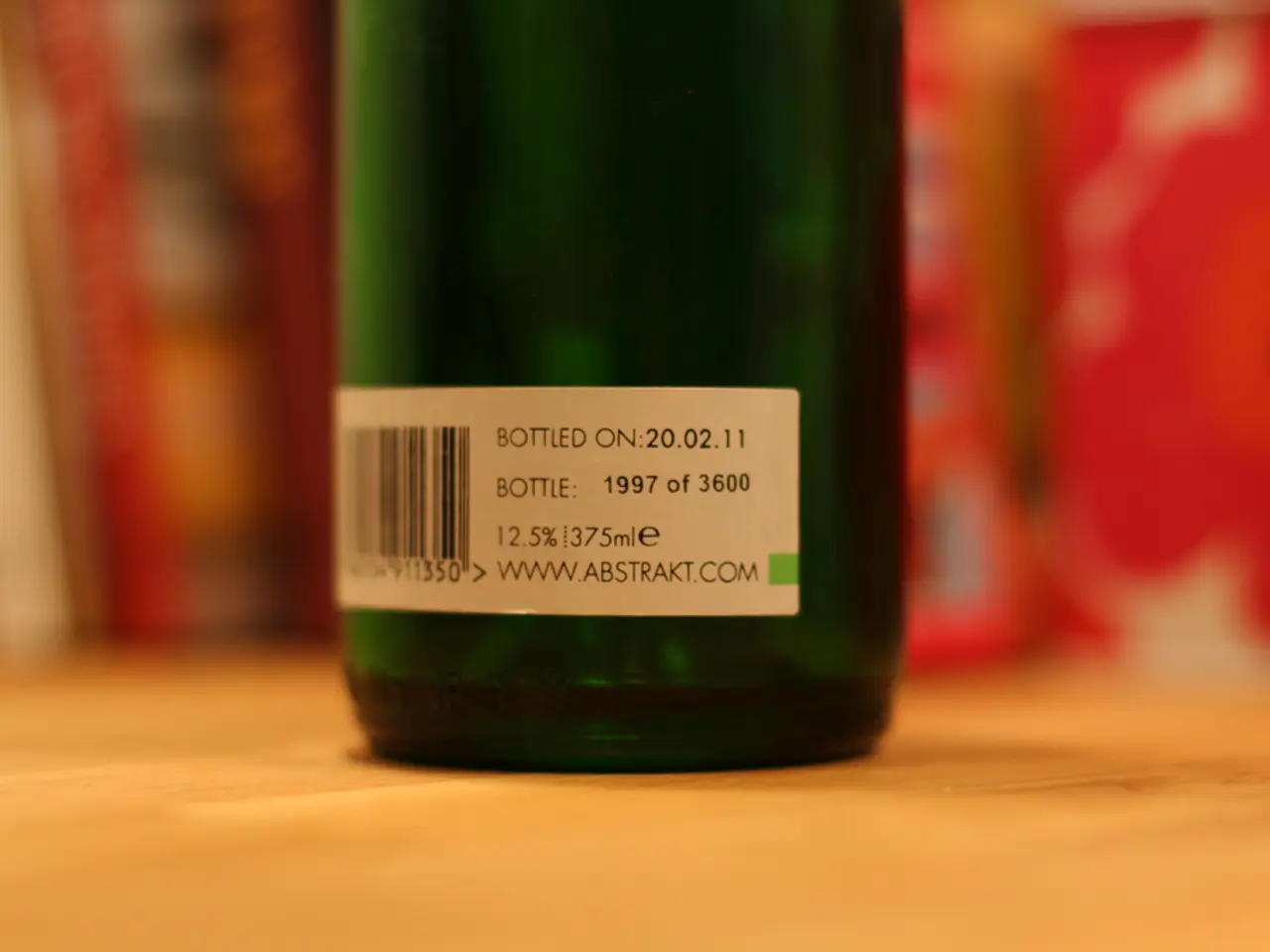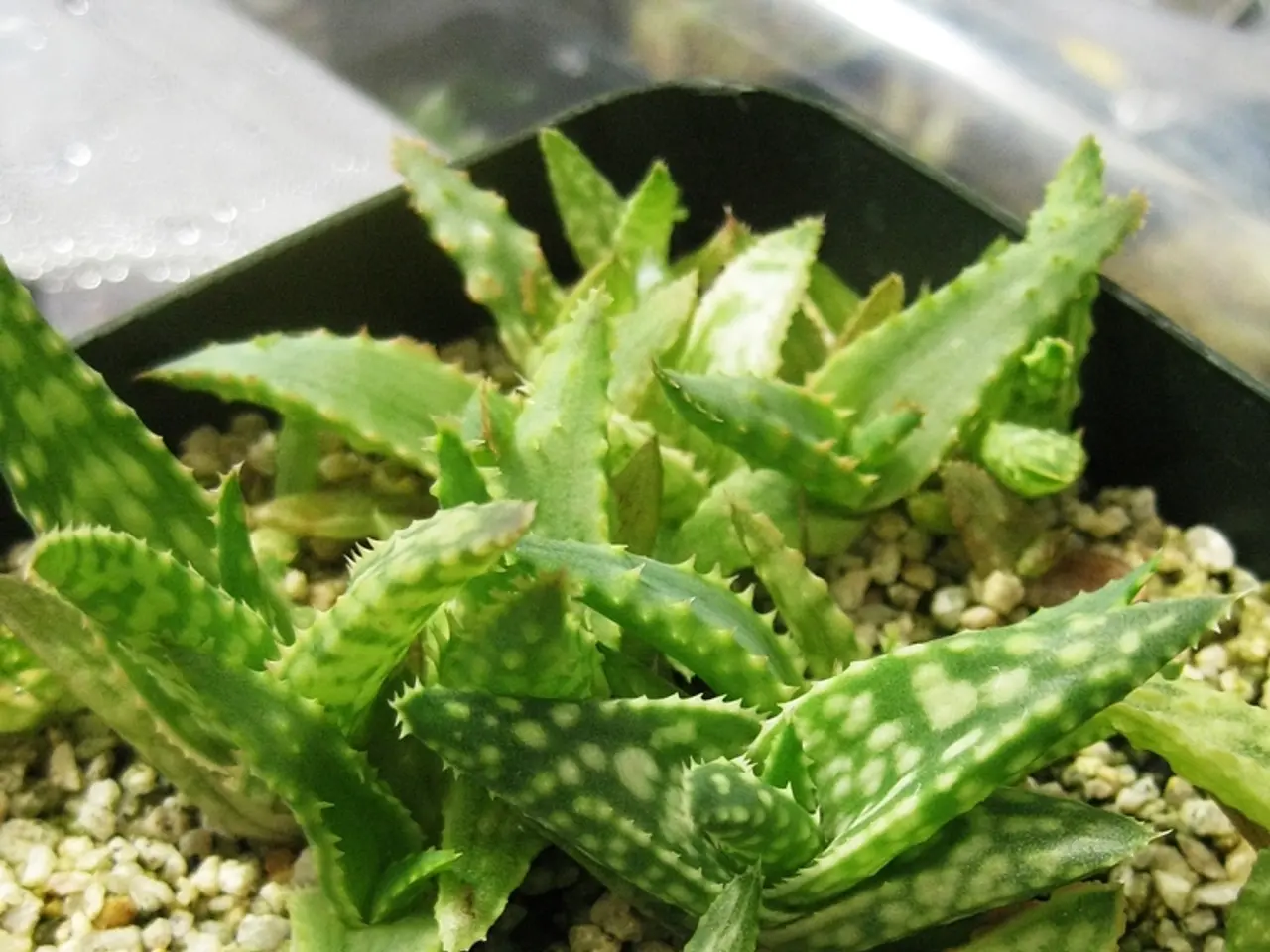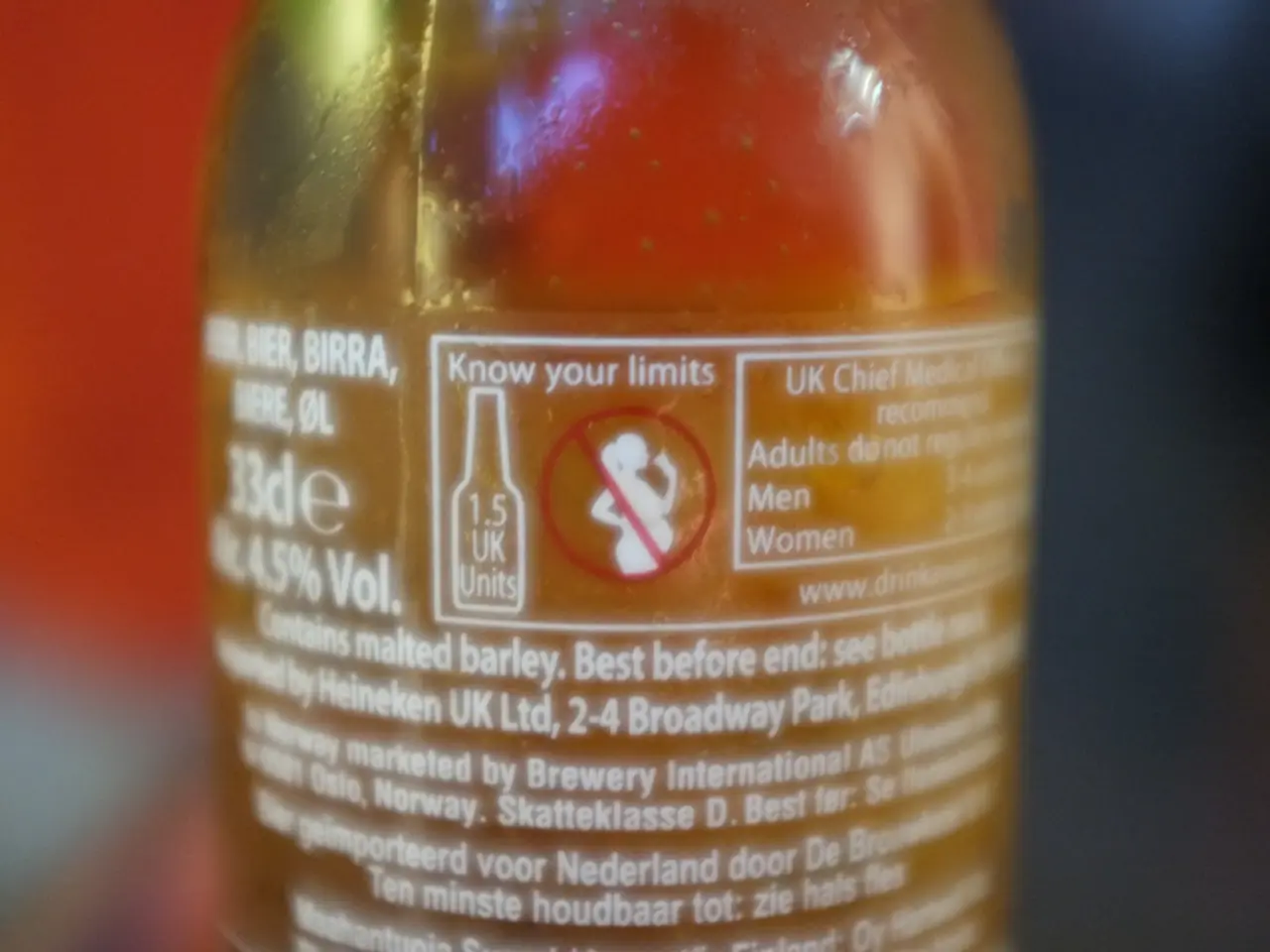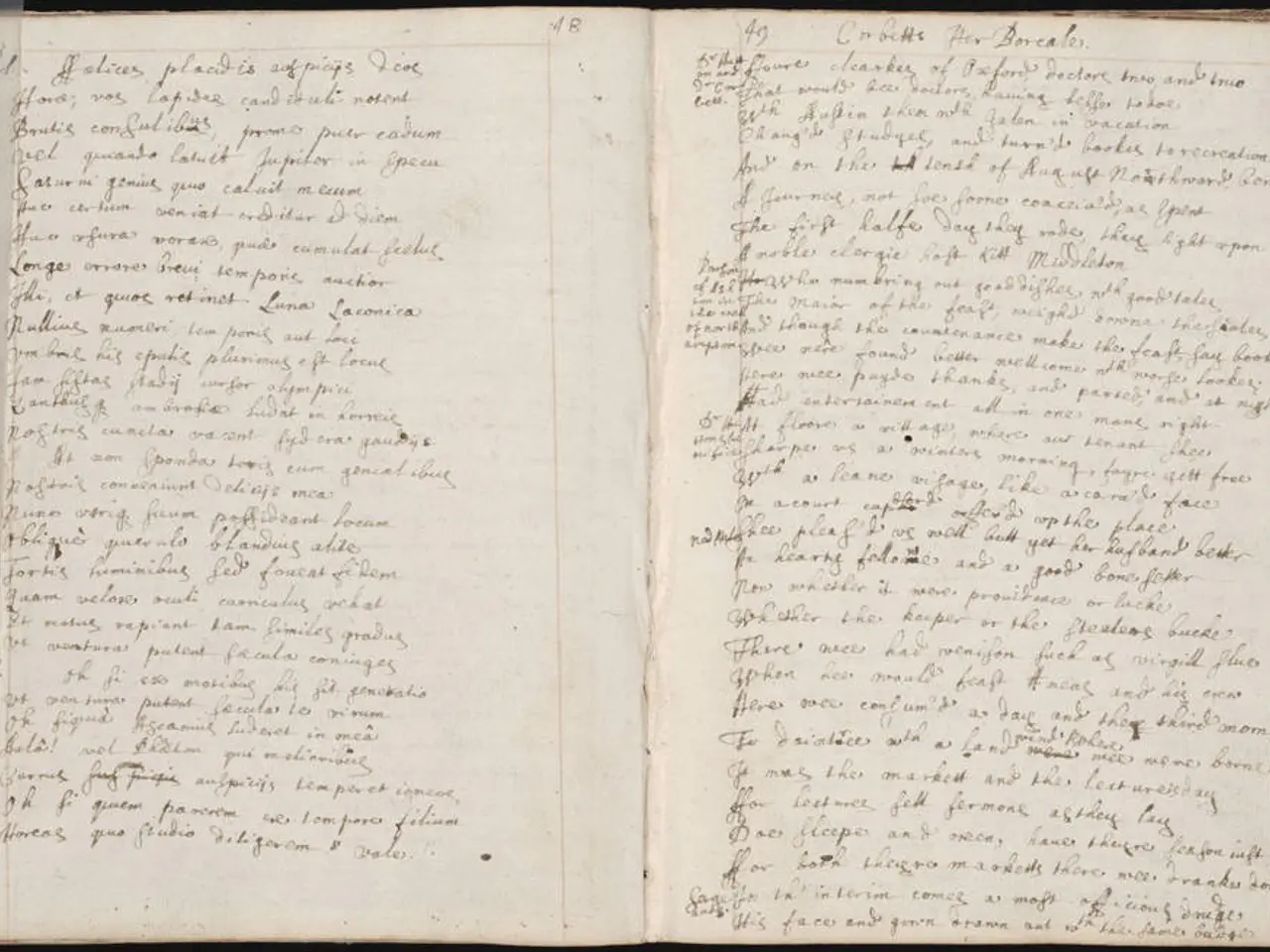Exploring the Evidence Behind Psychedelic Microdosing Claims: Are the Promises Justified?
Small-scale consumption of psychedelic substances like psilocybin and DMT, popularly known as microdosing, is gaining traction for its supposed benefits on mental health, well-being, and productivity. Online forums echo anecdotal reports of enhanced energy, mood, and cognition, along with improved stress management, creativity, and relationships.
Recent media attention has been focused on studies indicating positive effects of magic mushrooms and Ayahuasca on treating mental health disorders while avoiding typical treatment side effects. Even prominent figures like Steve Jobs have publicly praised the benefits of LSD microdosing for creativity and cognition. However, it's essential to understand exactly what microdosing entails and whether the presented benefits are supported by science.
A new study published in the Journal of Psychopharmacology attempts to provide answers to these questions by analyzing existing research. Professor David Nutt, the Edmond J. Safra Chair in Neuropsychopharmacology at Imperial College London, took the helm of this review, aiming to clarify what microdosing constitutes, how it's administered, and whether there could be potential health effects.
Prof. Nutt and his team identified three key factors for defining microdosing:1. The use of low doses below the perceptual threshold that impairs normal daily functioning.2. A series of multiple dosing sessions.3. The intention to improve well-being and enhance cognitive and/or emotional processes.
Experts generally agree that a microdose is approximately one-tenth to one-twentieth of a recreational dose. However, the frequency and potency can vary depending on the substance's nature and its source.
The study mainly focused on psilocybin—the active compound in magic mushrooms—because it's closer than other psychedelic substances to becoming a clinically approved treatment. Unfortunately, the researchers point out that there aren't enough controlled trials measuring psilocybin's effects against a placebo.
Regarding safety, research thus far has been insufficient to assess the benefits of long-term microdosing on cardiovascular health. The possibility exists for behavioral benefits like better focus and increased creativity, but existing research yields mixed results. Some early studies show that psilocybin targets serotonin receptors, which may explain the reported benefits for improved focus and mood.
Despite the hype and recent public interest in psilocybin microdosing, the researchers emphasize the need for more rigorous, placebo-controlled clinical studies to genuinely determine its benefits. Dr. Kim Kuypers, the study's first author, hopes that this critical review will spur further research in the field. She warns against placing too much trust in media reports encouraging microdosing without the backing of scientific evidence.
In summary, while the benefits of microdosing psychedelic drugs like psilocybin are promising, current scientific evidence is still under development with substantial gaps in rigorous clinical data. With growing public interest in its potential, it's crucial to support research in this area to separate fact from fiction and evaluate the true benefits and risks of microdosing.
- The health benefits of microdosing, particularly with regards to psilocybin, are gaining attention for their potential impact on mental health, well-being, and productivity.
- The field of psychiatry is increasingly looking at microdosing as an alternative medicine approach, with some anecdotal reports suggesting enhanced energy, mood, and cognition.
- Despite the hype, the scientific community deprecated the reliance on anecdotal evidence and emphasizes the need for placebo-controlled clinical studies to establish the efficacy of microdosing.
- Pharmacy and psychology fields have taken note of the ongoing research, recognizing the potential implications for mental health treatments and the role of supplements in health-and-wellness.
- Experts disagree on the specific amounts of psilocybin to be classified as a microdose, with estimates ranging from one-tenth to one-twentieth of a recreational dose.
- Although the initial studies suggest that psilocybin targets serotonin receptors and may improve focus and mood, the research so far is not conclusive about the overall health effects of long-term microdosing, especially on cardiovascular health.
- As the public shows growing interest in microdosing psychedelic substances like psilocybin, it is vital for mental health researchers to continue exploring the facts, separating myths from reality, and evaluating both the benefits and risks of this alternative medicine approach.








